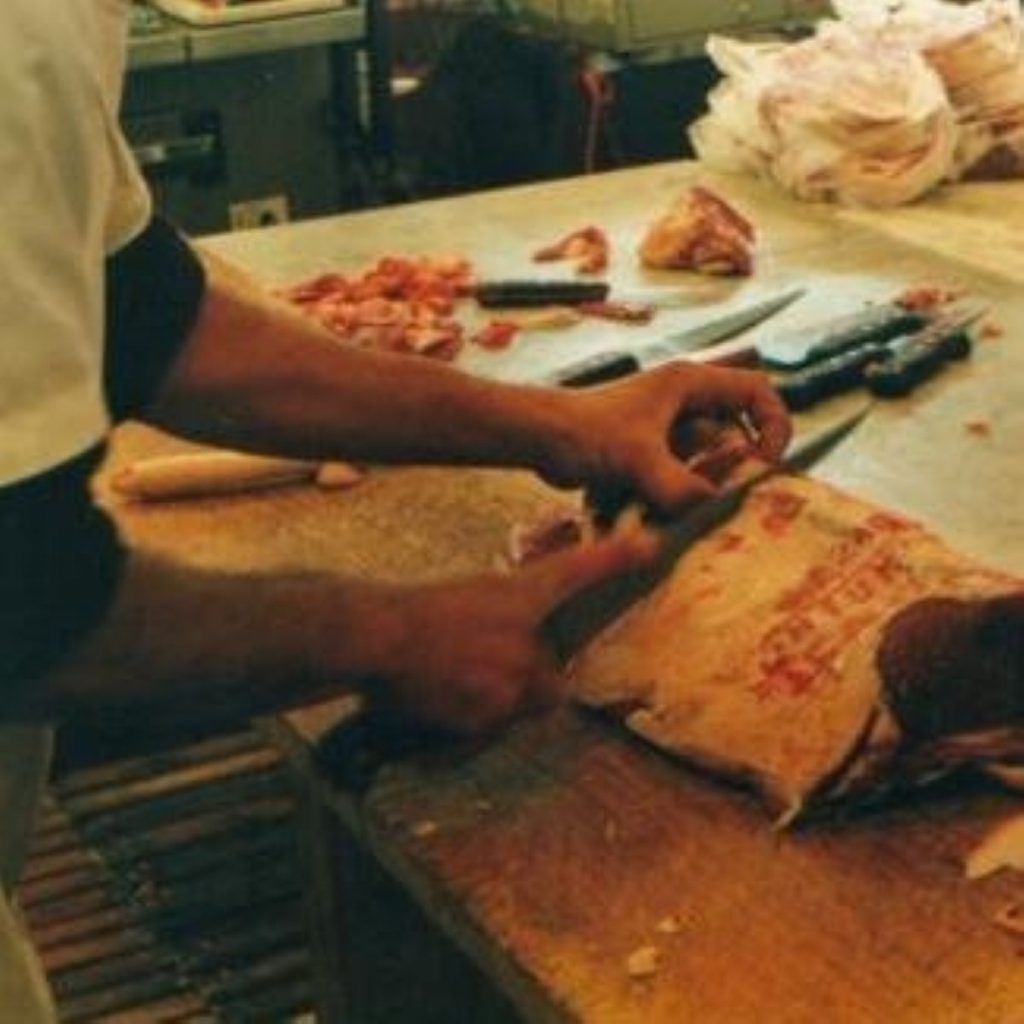FSA votes to lift ban on older beef
The Food Standards Agency has decided to recommend that culls that routinely take place in cattle over the age of 30 months – at a cost of £400m a year – should be stopped.
The organisation has decided that, after a year-long review of the OTM rule, it would be “acceptable on public health grounds” to replace the current system of slaughter with a testing regime.
At the height of the BSE crisis, the ban on older beef entering the food chain was one of the measures brought in to protect the public from Creutzfeldt-Jakob Disease (CJD), and to help restore faith in beef products.
It was also an important measure in bringing down levels of BSE so as to be allowed to resume exports to the European Union.


The incidence of BSE, which is traditionally higher in older cattle, has fallen from tens of thousands a year, to just 309 so far this year, and it appears that the risk of harm to consumers is now minimal.
Cattle born after August 1996 could be allowed into the food chain, after being tested for BSE, from January 2004 at the earliest. Cows that test positive for the disease will still be destroyed.
The Consumers’ Association has expressed concerns that a testing system may not be workable and may not detect very early signs of BSE.
However, the system is used effectively in mainland Europe, and the FSA has recommended that the ban should not be lifted until Defra is confident that all the necessary preparations have been made for the testing regime to be properly implemented.
The other main controls on BSE – removing the areas of cattle that are most likely to be infected and the ban on feeding meat and bone meal to animals – will remain in place.
Sir John Krebs, chair of the FSA, has admitted that the risk of contaminated meat being eaten by humans would go up very slightly.
But the ‘miniscule increase’ in risk would be equivalent to an extra 0.04 CJD deaths over 60 years, he claimed.
He added: “The controls are proving to be effective but public confidence can only be maintained through vigilance and transparency. That is why we will be conducting an independent review of the new controls and that will be made public.”
Farmers may, however, be concerned about falling prices by allowing more than 200,000 tonnes of extra meat onto the market next year.
That has led the National Farmers’ Union to call for the change in the rules to be “accompanied by changes to allow exports to flow more easily than they do now”.

